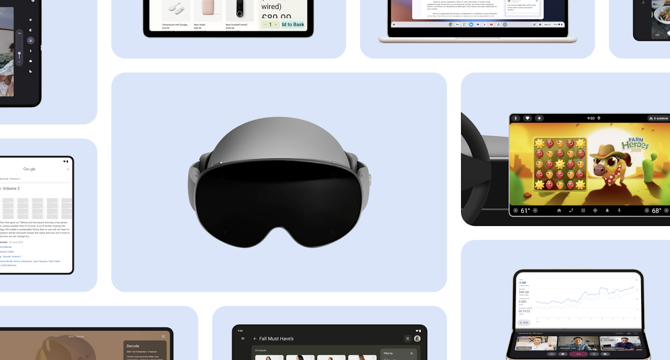Googleblog
4w
214

Image Credit: Googleblog
Google I/O 2025: Build adaptive Android apps that shine across form factors
- Adaptive development is crucial for reaching users across various Android devices, as emphasized at Google I/O 2025.
- Building adaptive apps leads to increased user engagement and retention, as seen in the success of entertainment apps like Prime Video and Netflix.
- Peacock, NBCUniversal’s streaming service, benefitted from adaptively building to cater to users shifting between mobile and large screens.
- Adaptive Android development enables apps to perform effectively on diverse devices through intelligent design choices.
- The Google Play Store promotes apps excelling on different form factors, enhancing visibility for developers.
- Key updates from Google I/O include advancements in desktop windowing, Android XR for immersive experiences, and a mindset shift to adaptive development.
- Tools like Compose Adaptive Layouts, Jetpack Navigation 3, and Compose input enhancements aid in building adaptive apps efficiently.
- Ensuring app availability across devices, handling different input methods, and adapting to API changes in Android 16 are critical considerations.
- Unity 6 introduces enhanced support for adaptive game development, emphasizing the importance of adapting games to various configurations.
- The push for adaptive app development is aimed at delivering exceptional user experiences across the entire Android ecosystem, ultimately expanding reach and delighting users.
Read Full Article
12 Likes
For uninterrupted reading, download the app